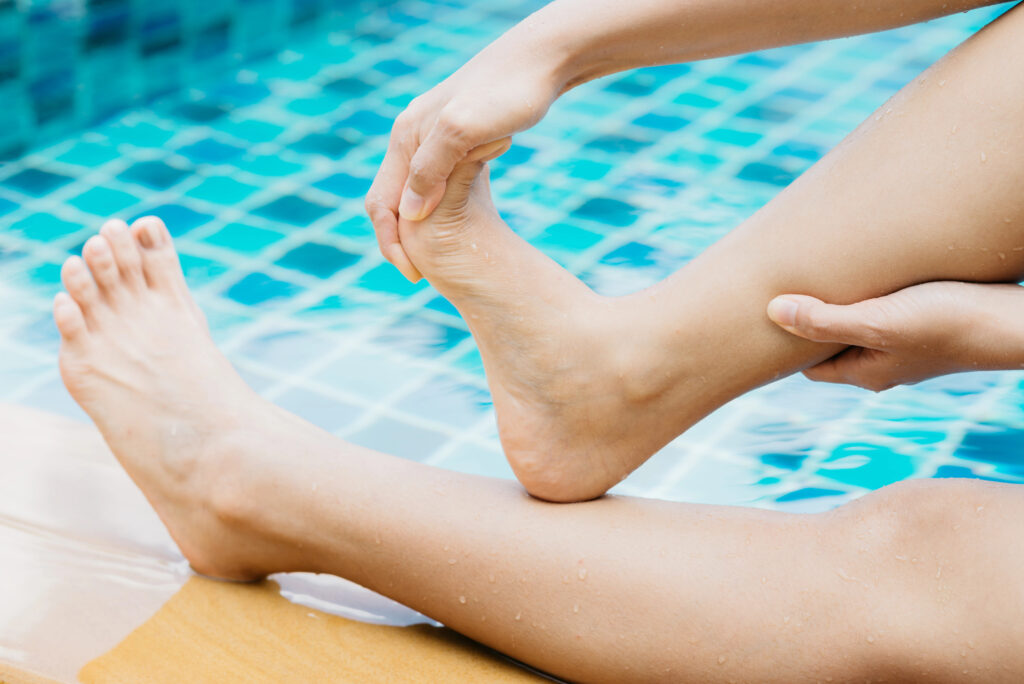What to Do If You’re Injured on NYC’s Public or Private Property: Premises Liability Explained
When accidents happen on someone else’s property in New York City, the consequences can be serious, leaving injured parties to face medical expenses, lost wages, and a difficult recovery process. Understanding premises liability and knowing what steps to take after a premises liability accident can make all the difference in protecting your rights and recovering compensation.
At its core, premises liability refers to the legal responsibility property owners have to maintain safe conditions for visitors and to prevent accidents on their property. Whether the injury occurred on public property, private property, or in an apartment building, New York law holds property owners accountable when their negligence causes harm.

What Is Premises Liability?
Premises liability covers a range of legal cases involving injuries caused by unsafe conditions on another’s property. These cases can include slip and fall accidents, swimming pool accidents, escalator accidents, dog bites, and more. The injured person may file a premises liability claim to recover compensation for damages such as medical expenses, lost wages, and pain and suffering.
New York premises liability cases often hinge on proving the following:
- The property owner knew or should have known about a dangerous condition.
- The dangerous condition was not addressed or adequately warned against.
- The dangerous condition caused the injured party to suffer injuries.
Premises liability lawyers can help accident victims build a strong case by gathering available evidence, such as witness statements, photos of the unsafe condition, and medical records, to demonstrate the property owner’s negligence.
Common Premises Liability Accidents in New York City
In a bustling city like New York, premises liability accidents can occur in various locations, including:
Public Property
When injuries happen on public property such as parks, sidewalks, or subway stations, determining liability can be complex. Government entities may be held liable if it’s proven that they failed to meet their duty of care.
Private Property
Private property owners, such as landlords or homeowners, must also maintain safe conditions. Premises liability accidents on private property can include:
- Slip and fall accidents due to icy sidewalks or broken stairs.
- Injuries caused by unsafe conditions like exposed wiring or faulty railings.
- Accidents resulting from attractive nuisances, such as an unsecured swimming pool.
Steps to Take After a Premises Liability Accident
If you or a loved one has suffered injuries on someone’s property, follow these steps to protect your rights:
- Seek Medical Attention
Addressing injuries caused by the accident should be your top priority. Keep records of all medical expenses and diagnoses. - Document the Scene
Take photos or videos of the dangerous condition that caused the injury. If possible, gather evidence such as witness statements to strengthen your claim. - Report the Incident
Notify the property owner or relevant authority where the accident occurred as soon as possible. Request a written report for your records. - Consult a New York Premises Liability Lawyer
Navigating New York premises liability laws can be challenging without expert guidance. A lawyer can evaluate your particular personal injury matter, gather evidence, and help you recover compensation for your losses.
How New York Law Determines Liability
Under New York law, property owners owe a duty of care to visitors. They must take reasonable care to keep their property safe and address known hazards promptly. When this duty is breached, injured parties may file a premises liability claim to hold the property owner responsible.
In some cases, the property owner may argue that they were not aware of the unsafe condition or that they took steps to warn visitors. A skilled attorney can counter these defenses by proving that the property owner knew or should have known about the danger and failed to act.
Why Choose a Premises Liability Lawyer in New York?
Premises liability attorneys have the knowledge and experience to handle the complexities of your case. From negotiating with insurance companies that may try to avoid paying fair compensation to litigating in court, an attorney will fight to ensure you receive the maximum compensation available for your injuries.
At Greenstein & Pittari, LLP, our New York premises liability lawyers understand the challenges accident victims face. Whether your injury occurred on public or private property, we are committed to holding negligent property owners accountable and helping you recover the compensation you deserve.
Learn more about What to Do If You’re Injured on NYC’s Public or Private Property: Premises Liability Explained.
Call Greenstein & Pittari, LLP at (800) 842-8462 to schedule your free, no-obligation consultation. You can also reach us anytime through our contact page. Let us help you take the first step toward justice and recovery.
FAQs
What is a premises liability claim?
A premises liability claim is a legal action taken by an injured person to recover compensation for injuries caused by an unsafe condition on someone’s property.
Can I file a premises liability claim for a slip and fall in New York City?
Yes, if the slip and fall resulted from a dangerous condition such as a wet floor, broken stair, or icy sidewalk that the property owner knew about or should have addressed.
Who can be held liable in a New York premises liability case?
Liable parties may include property owners, landlords, or even maintenance companies responsible for keeping the property safe.
How do I prove that a property owner was negligent?
Evidence such as photos, witness statements, and records showing the property owner knew or should have known about the dangerous condition can help establish negligence.
What compensation can I recover in a premises liability case?
Injured parties may recover compensation for medical expenses, lost wages, pain and suffering, and other damages related to their injuries.
